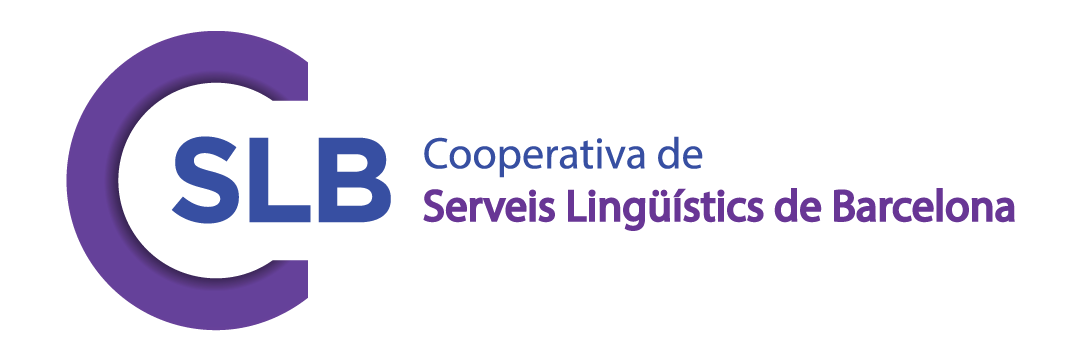Task-Based Language Teaching: Principles and Practice
595.00€
Task-Based Language Teaching: Principles and Practice is a 120-hour, open-enrolment and self-directed online tutored course aimed both at classroom teachers and course designers who wish to adopt the Task-Based Language Teaching (TBLT) approach to second or foreign language instruction. It will also be relevant to teacher-trainers, directors of studies and materials writers. No prior experience of TBLT is needed, but some grounding in the current theory and practice of English language teaching (ELT) is recommended.
The next course will begin September 5th, 2025. From that date, enrolment is open – join the course when you like, and you will have a full year to complete it at your own pace.
See below for further details, or do not hesitate to contact us.
Available on backorder
Description
Task-Based Language Teaching: Principles and Practice is a 120-hour, open-enrolment and self-directed online tutored course aimed both at classroom teachers and course designers who wish to adopt the Task-Based Language Teaching (TBLT) approach to second or foreign language instruction. It will also be relevant to teacher-trainers, directors of studies and materials writers. No prior experience of TBLT is needed, but some grounding in the current theory and practice of labguage teaching is recommended.
Our premise is that the dominant, grammar-based, “structure-by-structure” approach to teaching English and other languages around the world is inefficacious. We set out to make the case why TBLT — which is aimed at addressing learners’ specific needs, and respects what we know about language learning from academic research — should take its place, both in face-to-face and virtual environments. We look at what a task is, in contrast to language learning exercises and activities, and why we believe — alongside an increasing number of institutions and national education departments — that tasks should form the backbone of any language learning programme.
We also address which TBLT should be adopted. We consider perspectives from a range of TBLT advocates, from Jane Willis and Peter Skehan through to Rod Ellis, but underpinning our course is Michael Long‘s “strong” or programmatic version of TBLT, which we feel is the most consistent and principled argument for teaching with tasks. Long’s (2015) book Second Language Acquisition and Task-Based Language Teaching is our set text, and we organise our course around a series of tasks relating to key aspects of Long’s TBLT. These are:
-
- Designing and conducting a task-based Needs Analysis to identify and understand the real-life “target tasks” that students need to do in the second or foreign language
- Constructing a Task-Based Syllabus based on those target tasks
- Designing Task-Based Units composed of sequences of pedagogic tasks aimed at preparing students for real-life language use
- Facilitating and improving students’ task performance, and with it their language and other task-related skills, in both face-to-face and virtual settings
- Assessing and evaluating task performance, as well as the overall effectiveness of our task-based programme
At the same time, we acknowledge that Long’s TBLT is a resource-heavy model which is not easily applied in contexts where there is not full institutional support and corresponding investment in transforming language programmes. We therefore explore, in parallel, lighter versions of TBLT that could be adopted by smaller schools, or individual teachers working with groups with specific or more varied objectives, without sacrificing TBLT’s core principles.
We also look at the increasingly important influence of new technologies on the TBLT field. As the tasks people need to perform are increasingly mediated by technologies, so is TBLT itself, with consequences for how TBLT courses are designed and run.
The course is presented by Geoffrey Jordan and Neil McMillan with support from tutor Kerry-Anne Brennan. We are privileged to have exclusive recordings of TBLT pioneer Mike Long, who contributed to earlier versions of this course and sadly passed away in February 2021. The course also features guest contributions from TBLT specialists Peter Skehan, Roger Gilabert and Marta González-Lloret, and language assessment expert Glenn Fulcher.
Course aims
Overall, the course aims are to:
- Introduce, explore and connect the theory and practice of Task-Based Language Teaching (TBLT)
- Make the case for Long’s TBLT as the optimum version, informed both by research and classroom experience
- Present lighter versions of this model for adoption in more restricted circumstances
- Explore the implications of technology for TBLT
- Prepare teachers and course designers to implement TBLT in a relevant context
Course structure
The course is divided into five modules, each composed of two or three sessions which each require approximately 5-10 hours of your time, up to a total of 120 hours’ commitment. Each session has a moderated forum activity to take part in, and each module also has a tutor-assessed evaluation (that we call an Output task) to complete. However, we know that your time as a teacher or related professional is precious and that demands on it vary greatly throughout the year. For that reason, we have made our course entirely self-directed. What does this mean?
- From the course start date, you can enrol whenever you are ready to start
- From the day you enrol, you have 12 months to work through the modules and complete the output tasks at your own pace
- Although we recommend following the modules in order, you can choose your own path through them as they are all available from the day you begin and are designed to stand alone. More interested in material design than TBLT theory, which you already know something about? Well, why not start there?
All modules include:
- Carefully selected background reading
- Video presentations from our tutors (approx 30m per session)
- Interactive exercises to explore key concepts
- Forum discussion topics to explore with your fellow course participants
- An Output task (e.g. short essay, presentation, task analysis etc.)
- Monthly group tutorials (see below)
Collaboration and tutor support
Throughout the course, you will be given forum tasks to participate in and interact with your fellow course participants. If you find yourself working on the same part of the course at the same time as other participants, there will be options to collaborate on certain tasks, or complete them with colleagues in your working context. These tasks are moderated by our tutors who will intervene to clarify points or resolve any doubts you may have.
In addition, monthly videoconference tutorials are held in which your questions will be addressed by a TBLT expert, no matter where you are in the course. A forum thread will be open for questions to be posted before each tutorial. You can then participate live if you wish, but each tutorial will be recorded and available for everyone.
As we believe that all the working parts of TBLT are closely related, we feel that questions coming from different places in the course can be linked together in the tutorials and help build an integrated perspective on TBLT for all participants. Part of the aim of the tutorials is to help you look forward to parts of the course you haven’t investigated yet, or to make new connections with material already covered – from the perspective of your current focus in the course.
Course material
There is only one set text which participants need to acquire for themselves:
- Long, Mike. (2015). Second Language Acquisition and Task-based Language Teaching. Chichester: Wiley-Blackwell.
Aside from that, course material (articles, chapters, video and audio content) will be provided on a session-by-session basis.
More information
- Please use the contact form on our home page and we will get back to you as soon as we can.
- The featured image is by Denley Photography on Unsplash
- All other content (c) Serveis Lingüístics de Barcelona, 2018-2025. All rights reserved.
Only logged in customers who have purchased this product may leave a review.



Reviews
There are no reviews yet.